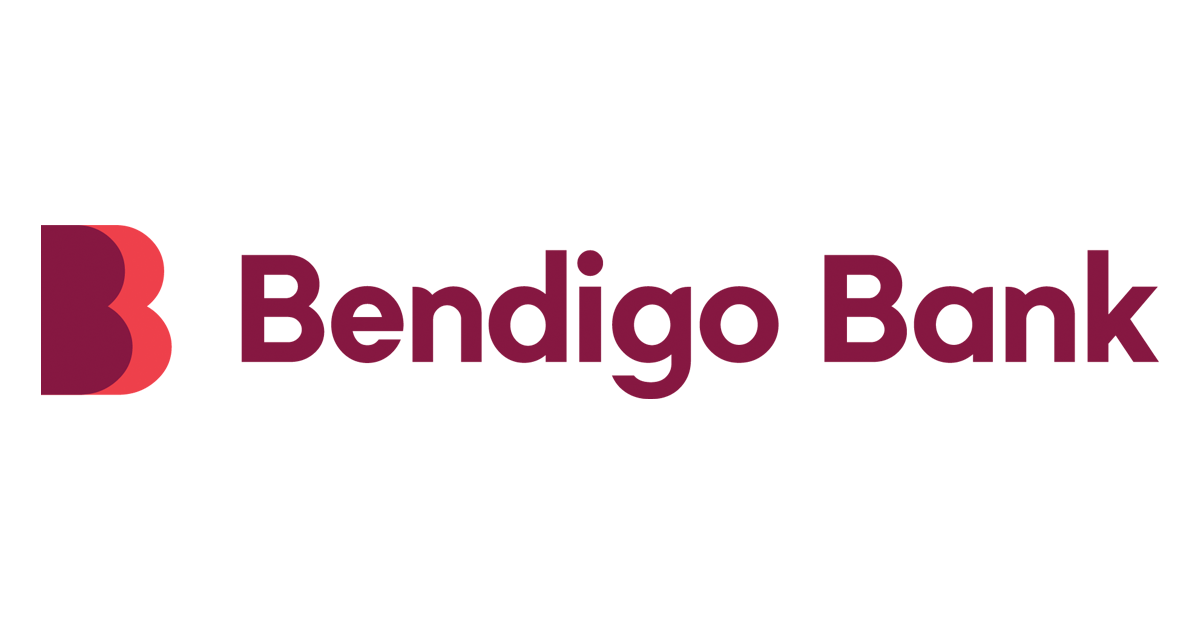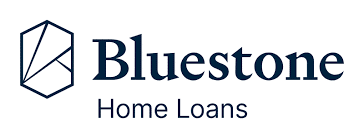Going through a mortgage broker is overwhelmingly the most popular way for Australians to buy their homes. The Mortgage and Finance Association of Australia (MFAA) reported that 76.8% of all home loans settled in the March Quarter of 2025 were done so with the help of a broker, which is their greatest-ever market share. So, the results are clear: Australians prefer to have mortgage brokers handle their home loan applications. The next question is “why is that?”
What does a mortgage broker do?
A mortgage broker helps you throughout the home loan application process. Here are the key responsibilities of a mortgage broker:
- Compare lenders and loan products from their panel of partnered providers.
- Discuss your situation with you and provide guidance on what you can expect from the home loan process, such as your borrowing power.
- Negotiate interest rates, fees and other loan features and conditions on your behalf.
- Prepare and submit your application to the lender, including advising you on the documents and other information you’ll need to provide.
- Manage the process from formal application and approval through to settlement.
- Provide advice and answer any questions you have along the way.
Because of this expertise, it’s especially common for first home buyers to apply for their home loan with a mortgage broker. A report from lenders mortgage insurance (LMI) provider Helia found that nine out of ten first home buyers use a broker.
How do brokers use features to create my ideal mortgage?
The job of a mortgage broker goes beyond finding the lowest interest rate. They’ll consider your preferences as a borrower and what you need out of your home loan, so they can look to incorporate as much of that into your final package as possible. Here’s how your broker can optimise your loan deal to suit your needs:
- Find the lender who can not only offer the best rate, but also the greatest borrowing power to maximise your potential budget.
- Look out for the best available fixed rate, variable rate mortgage or even a split home loan, depending on what you want for your home loan.
- Add as many features as possible to your package, from standard additions like redraw facilities to offset accounts, which may require an additional fee.
Why apply for a home loan with Savvy
Help throughout the process
You'll be matched with an experienced mortgage broker who'll handle all the hard work for you from start to finish.
Trusted lenders
With a panel of reputable mortgage lenders, you can rest assured you'll be comparing high-quality options with your broker.
Paperless quote process
You can fill out a simple online quote via our form without having to worry about sorting through heaps of paperwork.
How do mortgage brokers get paid?
Almost all mortgage brokers are paid on a commission basis by your lender, meaning they’re paid a share of the money your lender is expecting to make off you. According to the MFAA, there are two main types of commission paid to a mortgage broker:
- Upfront commission: paid at the settlement of the mortgage, this is usually worth 0.65% to 0.70% of your loan sum. This percentage is calculated excluding any funds stored in an offset account.
- Trail commission: paid annually throughout the home loan’s repayment term, brokers will usually receive 0.15% of the loan’s outstanding balance (minus any offset account funds) each year.
An important aspect of upfront commissions is clawback, where a lender can recoup part or all of the commission from the mortgage broker if the loan is discharged within two years of settlement. Your broker can’t chase up any funds they lose from you if you pay out your loan within this period.
However, in some cases, mortgage brokers may charge you a fee directly, which will usually be on top of their base commission. For example, if you have a complicated financial situation or you’re only applying for a smaller mortgage of $200,000 or less, your mortgage broker may charge you an additional fee to proceed with your application. These should always be clearly disclosed to you.
Do mortgage brokers need any qualifications?
Yes, all mortgage brokers must complete a Certificate IV in Finance and Mortgage Broking as a minimum. All brokers must also either hold an Australian Credit Licence (ACL) themselves or be nominated as a credit representative under an existing ACL held by another entity, such as their employer. Any brokers operating without these two accreditations are offering services illegally and should be avoided.
Although not a legal obligation, joining either the MFAA or the Finance Brokers Association of Australia (FBAA) is usually a requirement for mortgage brokers to become accredited with lenders. These industry bodies will also have their own requirements, such as holding professional indemnity insurance and obtaining additional accreditation, such as the Diploma of Finance and Mortgage Broking Management.
How to choose the right mortgage broker
-
Check their licencing and accreditation
Before you even start the process, make sure that the broker holds all the licences and accreditation required. Not meeting these requirements is a major red flag. You can check your broker’s ACL online.
-
Find out how many lenders are on their panel
One of the most important things to check is how many lenders they compare. You can find this out by checking their website or asking them directly. You should look for brokers with larger lending panels, as the more options they can compare, the better.
-
Look for customer reviews
Brokers can look squeaky clean on the surface, but it’s worth seeing what their past customers have to say. Check Google reviews and other designated review sites to get an idea of what your broker may be like to deal with.
-
Find out how they get paid and how much
Mortgage brokers are always required by law to disclose their commission and how it’s structured. It’s worth knowing what they’re being paid, especially by one lender compared to another.
-
Watch out for any additional fees
As mentioned earlier, there are some situations where you may be required to pay a fee to your broker, albeit not too common. This should also be a question you ask them early in the piece.
Types of home loans
- Mortgage broker market share reaches new peak - Mortgage and Finance Association of Australia
- How mortgage brokers get paid - Mortgage and Finance Association of Australia
- Should broker qualifications be rethought? - The Adviser
- Search ASIC registers - Australian Securities and Investments Commission
































